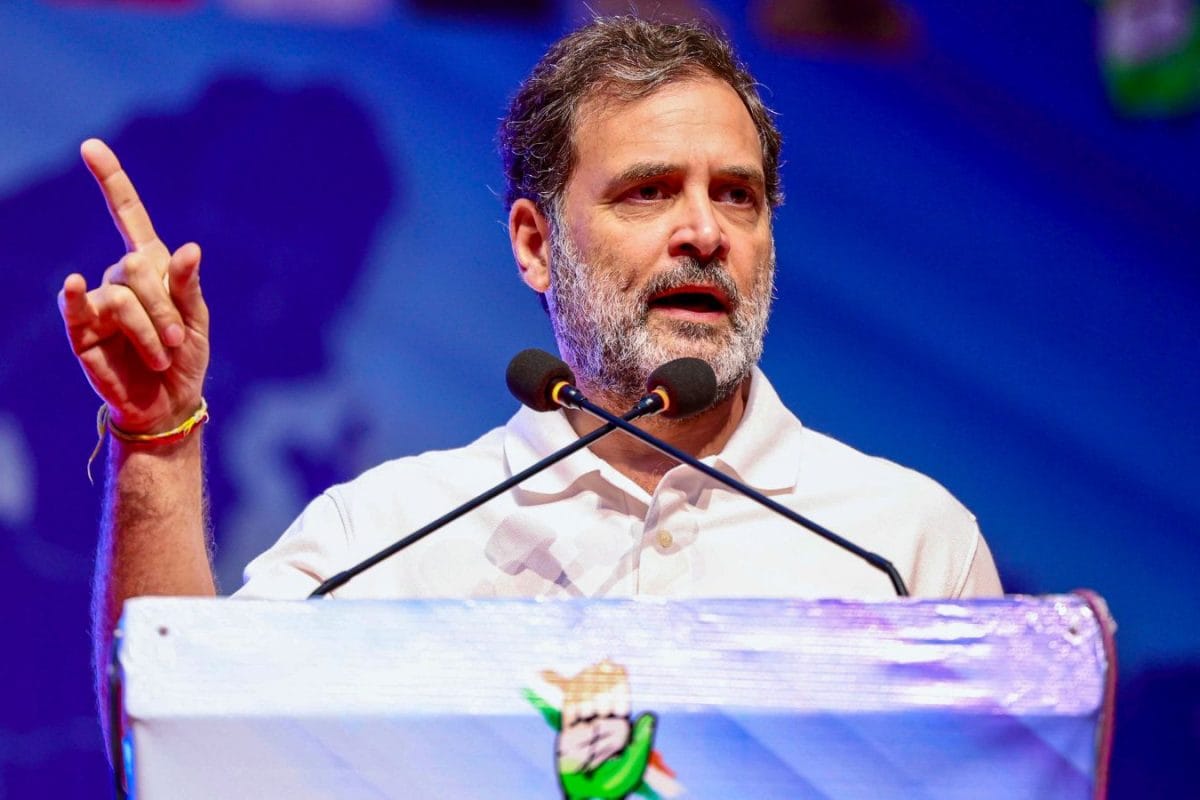

Details have emerged regarding an incident where Congress supporters chanted slogans, prompting an intervention by Rahul Gandhi. While the specifics of the event require further context, the act of chanting political slogans and a prominent leader's reaction to it offers insights into the dynamics within the party and its interactions with its base.
Political slogans are frequently used in rallies, protests, and other gatherings to express support for a particular leader, party, or cause. They serve as a tool to mobilize supporters, create a sense of unity, and convey a message in a concise and memorable way. The content of the slogans can range from simple expressions of loyalty to more complex statements about policy or ideology.
In this instance, the slogan "Desh Ka Raja Kaisa Ho" (What should the country's king be like?) was used. The slogan's implications are noteworthy given the historical context of kingship in India and the country's modern democratic framework. It is possible that the supporters were using the slogan to suggest qualities they admire in a leader, or perhaps to draw a comparison between Rahul Gandhi and a traditional ruler.
Rahul Gandhi's intervention suggests a calculated effort to guide the narrative and maintain discipline within the ranks. It is not clear from available information what specific action he took or what message he conveyed. It is possible that he was attempting to redirect the crowd towards more appropriate slogans, or perhaps he sought to clarify the intended meaning of the chant.
The incident occurred in the backdrop of probes by the Enforcement Directorate (ED) against Rahul Gandhi. Congress supporters have been staging demonstrations, chanting slogans such as "Rahul Nahi Jhukega" (Rahul will not bow down). These protests were in response to questioning of Rahul Gandhi in the National Herald case. The Congress party has accused the ruling Bharatiya Janata Party (BJP) of political vendetta and misusing investigative agencies.
Such episodes underscore the challenges political parties face in managing public perception and ensuring that their message is consistent and well-received. The use of slogans, while often effective in galvanizing support, can also be open to interpretation and potentially misconstrued by opponents or the media. The response of party leaders in such situations is crucial in shaping the narrative and preventing any unintended consequences.